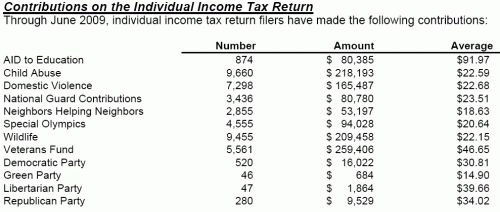I am having a blast at the Change.gov transition site for Obama, now that I have satisfied myself it is not a fake. Those who doubt that Obama has super-human powers should read this, from the Obama site:
 The Obama-Biden plan provides affordable, accessible health care for all Americans, builds on the existing health care system, and uses existing providers, doctors and plans to implement the plan. Under the Obama-Biden plan, patients will be able to make health care decisions with their doctors, instead of being blocked by insurance company bureaucrats.
The Obama-Biden plan provides affordable, accessible health care for all Americans, builds on the existing health care system, and uses existing providers, doctors and plans to implement the plan. Under the Obama-Biden plan, patients will be able to make health care decisions with their doctors, instead of being blocked by insurance company bureaucrats.
Under the plan, if you like your current health insurance, nothing changes, except your costs will go down by as much as $2,500 per year.
If you don't have health insurance, you will have a choice of new, affordable health insurance options.
Wow - so now you can go out purchase any care you want - any tests, any procedures, whatever - and no one is going to tell you no. Everything is paid for. You have a blank check to go spend. And, by granting you an infinite supply of care, your cost is going to go down. Obama is really superman, because no one else in history has figured out how to invert the supply curve or make 2x cost less than x.
You see, it's all about insurers' margins. If we can just cut down on those fat margins, everyone can have full health care and a pony for less money. You doctors who are worried about health care, you will have it better too:
Prevent insurers from overcharging doctors for their malpractice insurance and invest in proven strategies to reduce preventable medical errors.
All these years you thought malpractice insurance costs were high because of huge malpractice court settlements that usually bore little relationship to true malpractice, well, you were wrong. Its because of the insurers and their margins. We don't have to reform malpractice tort law (which is just as well since tort lawyers were so generous with donations to our campaign), we just have to get insurers to stop overcharging doctors.
To give you an idea of the absolutely huge amount of savings that can be extracted by just pounding on the insurers to give more coverage for less money, let's take a look at those outsized margins they are making. These are net profit margins reported by Google Finance for 3Q2008 of the largest health care providers and insurers:
Cigna: 3.50%
United Health Group: 4.56%
Aetna: 3.64%
WellCare: 4.08%
Amerigroup: 3.51%
Humana 2.56%
WellPoint: 5.49%
Freaking robber barons! Look at those outsized margins. No wonder we have a health care crisis. By cutting these guys margins in half, Obama expects to reduce the price of health care by 1-2%, which should be more than enough to pay for large increases in services and 30-50% price cuts.
Update: Oh, its magic. That explains it.
Update #2: OK, the page has come down, as have most all the pages that had any kind of policy detail or promises in them. I wish I had screen shots, but I can say everything above was cut and pasted directly form the web site. Could I make that stuff up? Too bad, there probably were another 10 blog posts in there somewhere.


 The Obama-Biden plan provides affordable, accessible health care for all Americans, builds on the existing health care system, and uses existing providers, doctors and plans to implement the plan. Under the Obama-Biden plan, patients will be able to make health care decisions with their doctors, instead of being blocked by insurance company bureaucrats.
The Obama-Biden plan provides affordable, accessible health care for all Americans, builds on the existing health care system, and uses existing providers, doctors and plans to implement the plan. Under the Obama-Biden plan, patients will be able to make health care decisions with their doctors, instead of being blocked by insurance company bureaucrats.